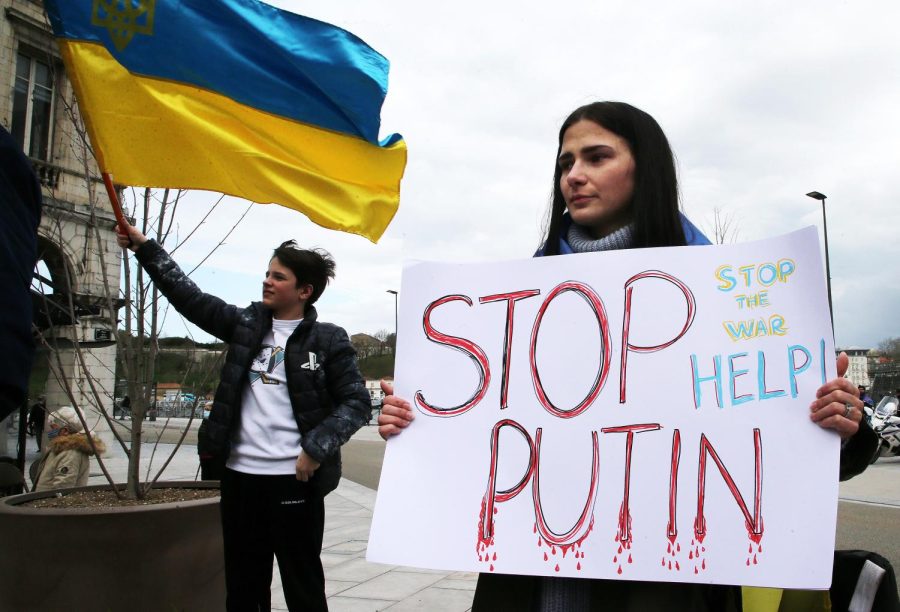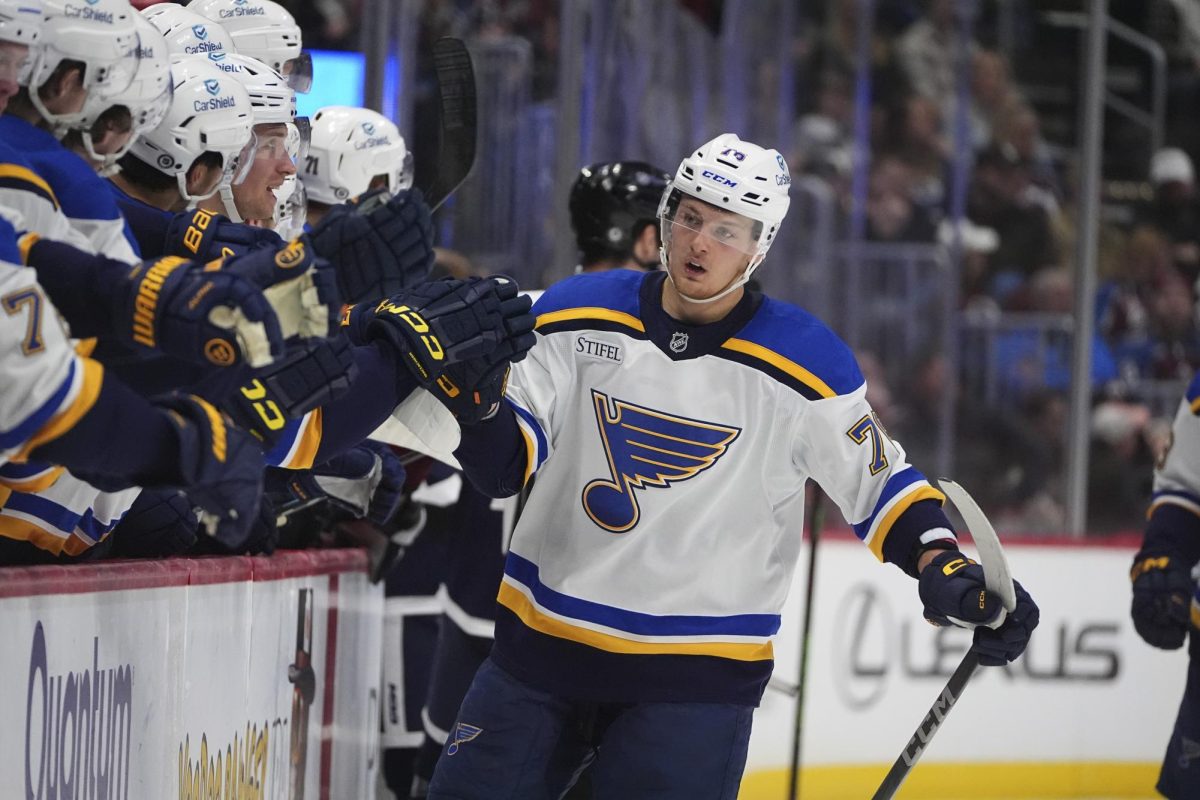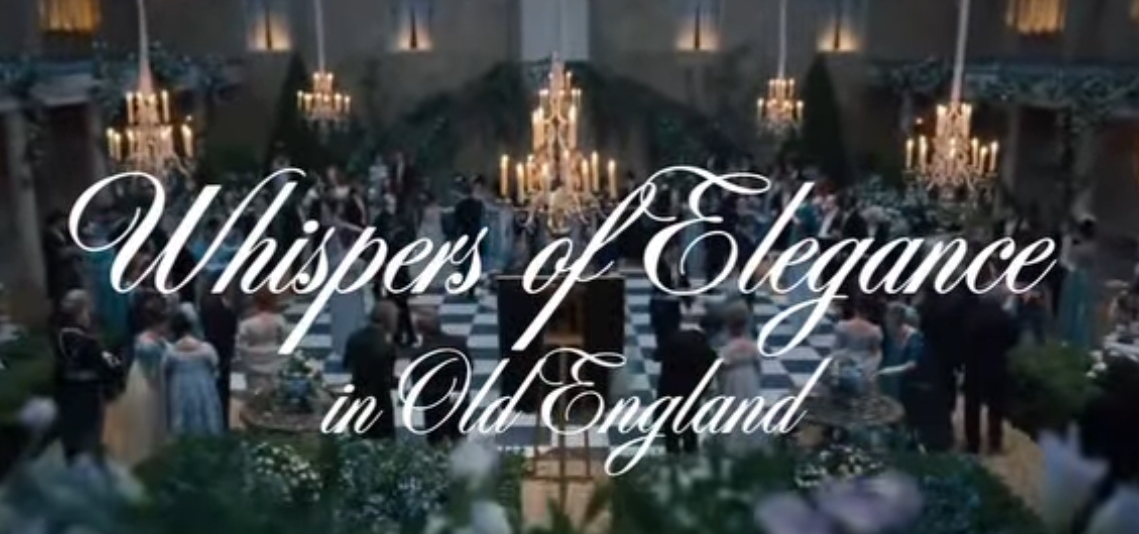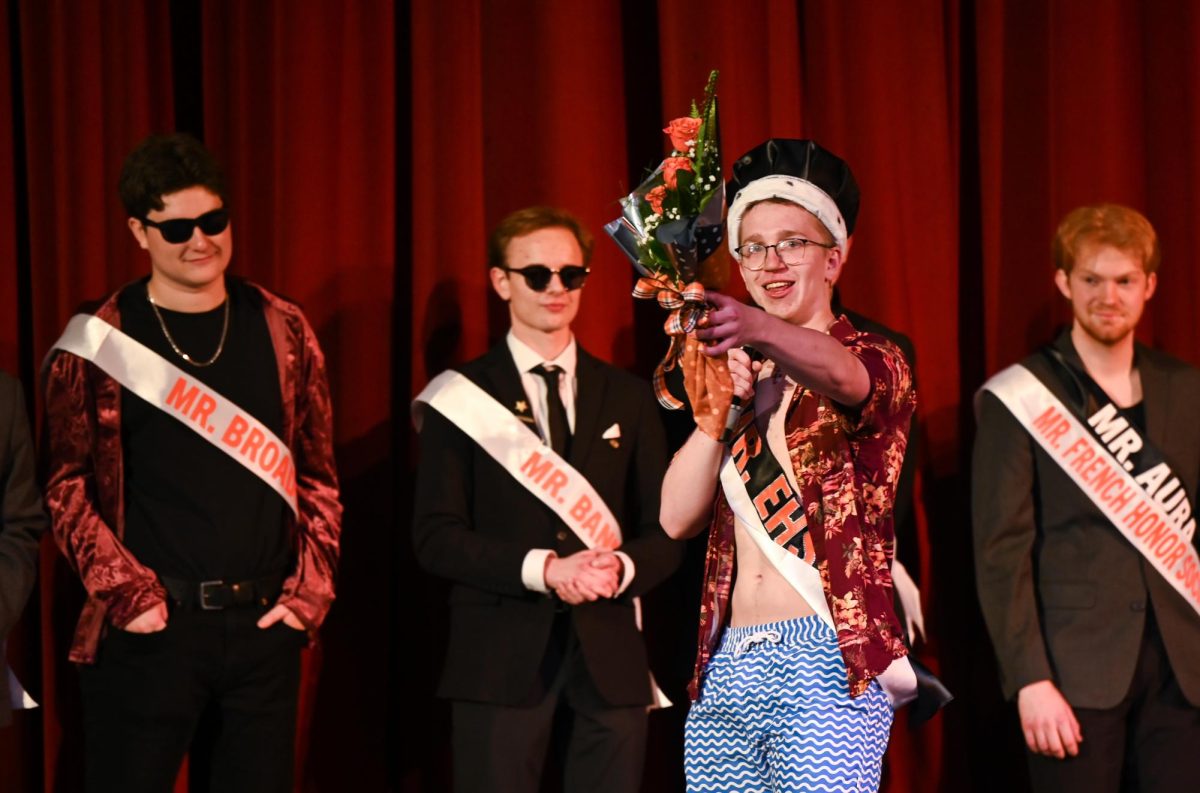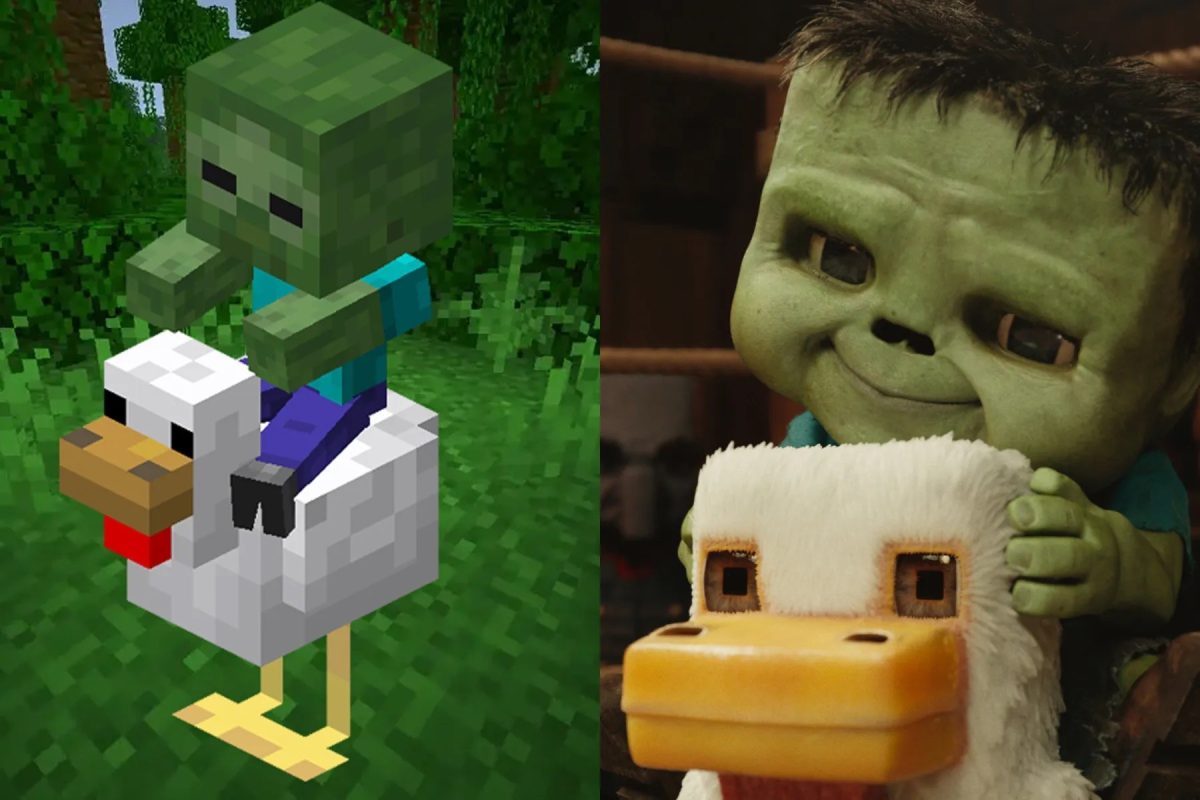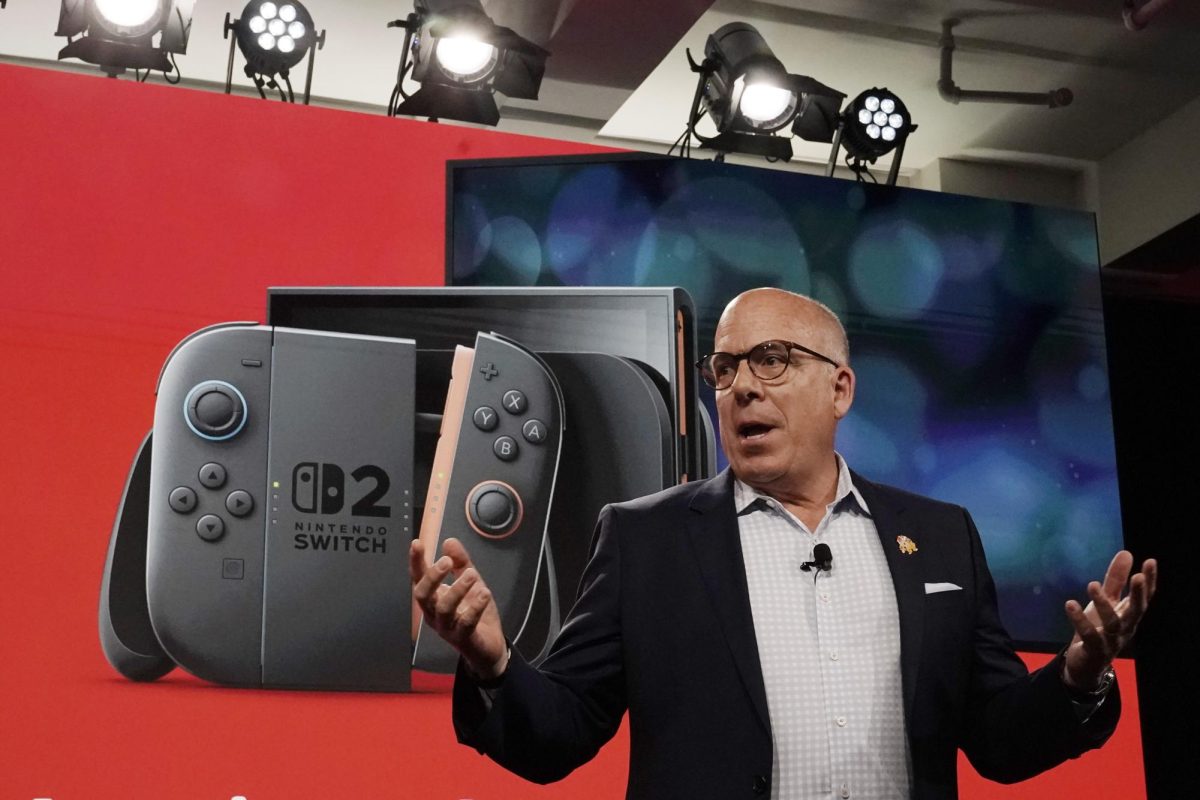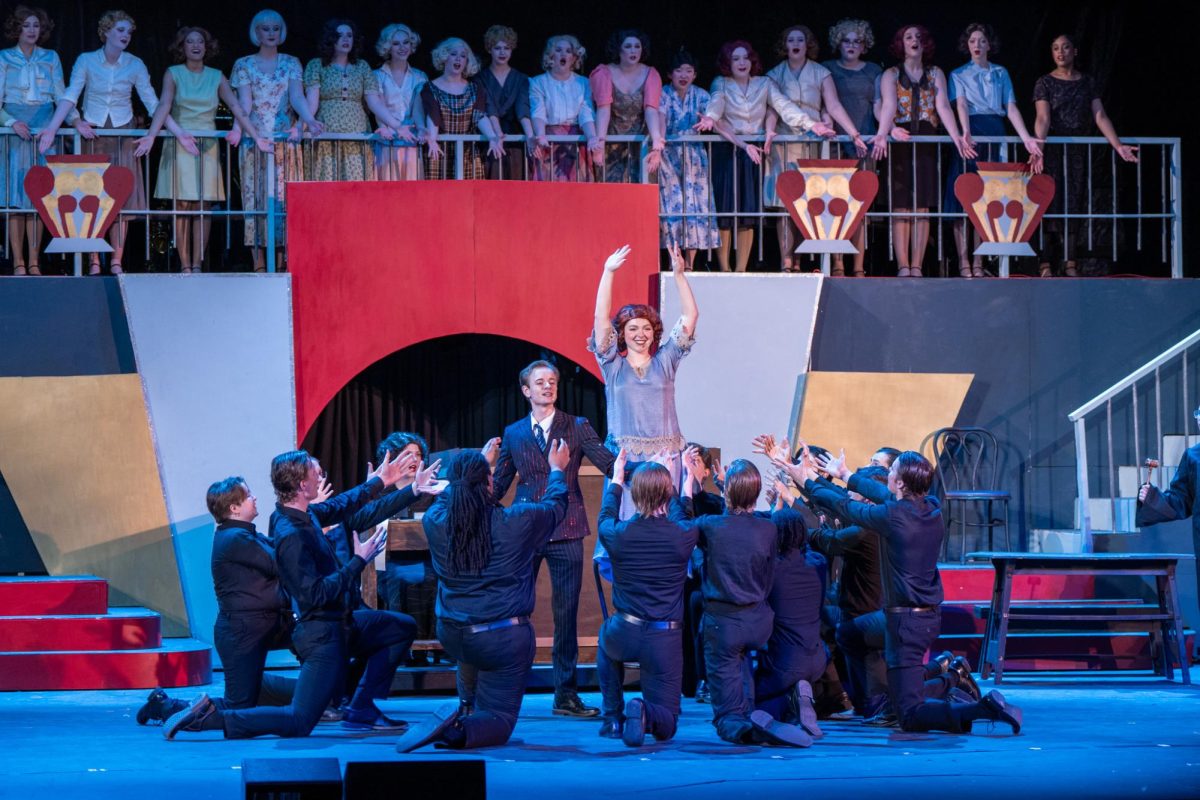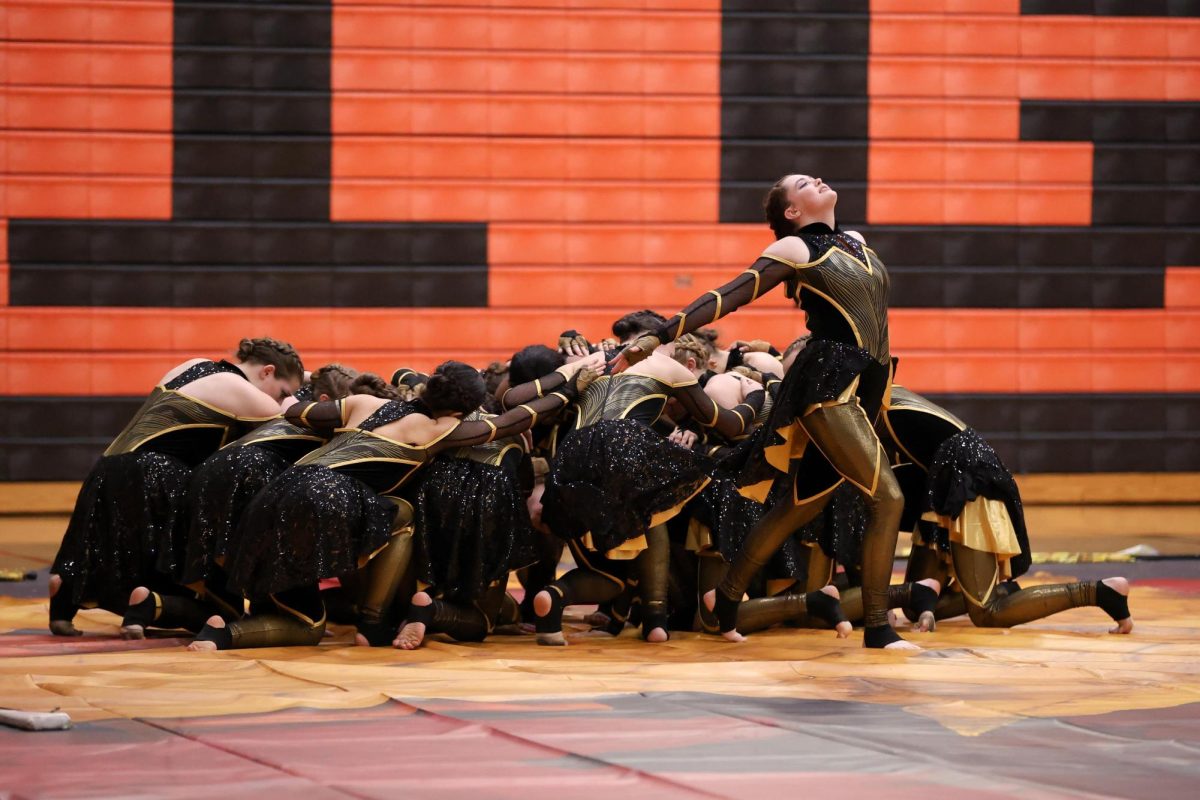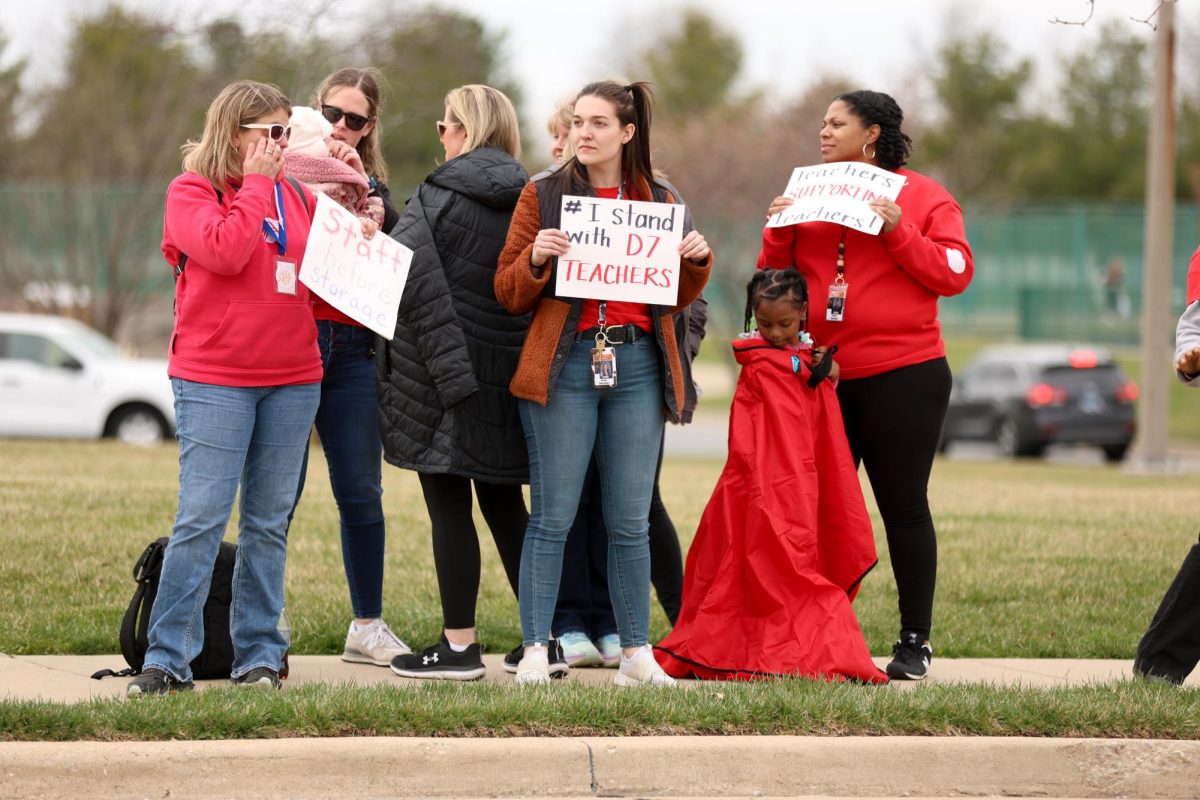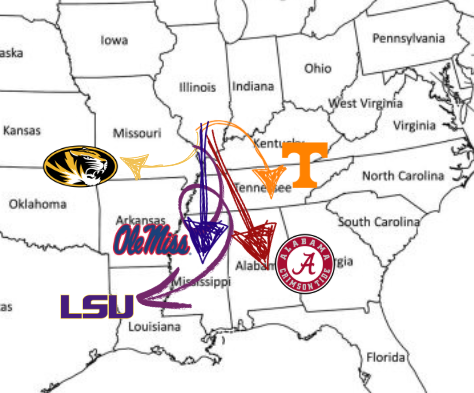Why Invade Ukraine Now?
March 11, 2022
Vladimir Putin. His name has been known across the world for two decades and feared for more. The current president of Russia was a KGB foreign intelligence officer for 16 years before entering the political scene, first becoming director of the Federal Security Service, then prime minister, and finally president.
His past experience in the intelligence field has heavily influenced the way he operates as a political leader.
Chris Costa, a Department of Defense veteran and current executive director of the International Spy Museum, provided analysis of Putin to ABC news. “He’s a fighter. A survivor. He’s a tough guy and that’s how he perceives himself… although he has been a principle leader for many years, we really don’t know much about him.”
As a dauntless– yet strategic– leader, every movement Putin makes is by design. So the question arises: why now?
Costa made it clear in his discussion with ABC news that this war had nothing to do with Ukraine.
“It’s about Putin. It’s not about Russia,” he said. “… he’s been humiliated by the dissolution of the Soviet Union and he is seeking revenge.”
But the former intelligence officer is far from rash acts of vengeance. According to Costa, there are four big reasons that this is happening now: the U.S.’s disgraceful withdrawal from Afghanistan, disunity across Europe (specifically in Germany), political divides in the U.S. and for reconnaissance in force to understand how much further he can go.
“This is a great power competition playing out before our very eyes,” Costa said.
And a scenario analysis provided by the Center for Strategic & International Studies said just that. In any scenario that doesn’t involve NATO support that involves Russia seizing control of more land than Donbas ultimately results in Russian control of Ukraine
The event was labeled as “Putin’s Big Win” by the analysis’ author, Emily Harding and the details of what could be expected if that happened is concerning for the west.
“With Ukraine brought to heel, Putin uses that win to threaten other former Soviet states on NATO’s periphery,” she wrote. “Putin would be self-congratulatory, to be sure, for bringing Ukraine back to Russia’s orbit, and likely emboldened to pursue other objectives.”
Having already tested the West’s resolve, if Putin wanted to move on to the rest of the former Soviet states, he would know exactly how to.
The worst part is, as Costa pointed out, a divided NATO would be one of Putin’s greatest advantages. Unable to agree on a response and to respond as a team, NATO would be more weakened than it is already.
There is no doubt that, if Putin is able to take over Ukraine– which he will if NATO continues to not respond with direct support to Ukrainian forces– he will be emboldened to continue pushing into other former members of the Soviet Union.
“He’s looking for opportunities,” Costa said. “He is testing us… and he wants to see our reactions”


